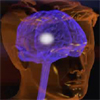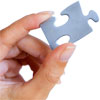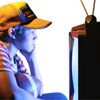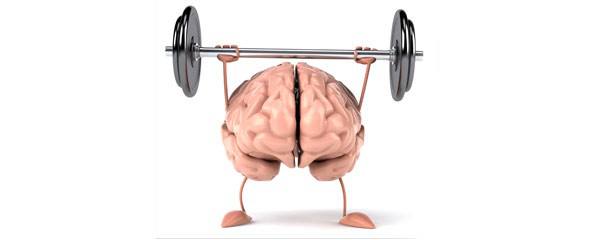Brain Health
- Anatomy of the brain
- Nutrition and brain health
- Exercise for brain health
- Effects of mental activity on health
- Television and children
Anatomy of the brain
 | The brain is the most complex organ in the body, the most complicated computer network known to man. It is not only responsible for the workings of the human body, but also those features that define us as human, our ability to think, emote and feel. |
For more information, see Human Brain
Nutrition and brain health
 | In recent years the idea of nutritional effects on the brain have been developed further and extensive research into effects of food on brain functions that are not clearly evident or observable have emerged. The effect of certain foods on brain development, mood disorders, cognition (thinking), disease states and aging has promised to be an essential area of research, development, non-pharmacological treatment and preventative measures. |
For more information, see Nutrition and Brain Health
Exercise for brain health
 | Physical activity has repeatedly been shown to influence psychology and neurology. Studies in this area suggest that exercise significantly improves cognition (thinking), decreases stress and anxiety, improves self-esteem and decreases depression. |
For more information, see Exercise for Brain Health
Effects of mental activity on health
 | Mental activity or neurological stimulation can be described as anything that stimulates, activates or enriches the mind. From the start of life till the end, mental activity is an important aspect of life. The protective, emotional, physical, psychological and neurological effects of stimulating the mind are widespread. |
For more information, see Effects of Mental Activity on Health
Television and children
 | In an increasingly screen-based society, the potential harmful effects of television on lifestyle and behaviour in infants and children of all ages need to be carefully monitored. There are several advantages to television viewing by children, including education and positive social messages, but there are also many disadvantages. |
For more information, see Television and Childhood.
More information
Dementia
 | For more information on dementia, including Alzheimer’s disease and other types of dementia, information for carers of dementia patients and supportive care, as well as some useful tools and videos, see Dementia. |
Dates
Posted On: 6 April, 2010
Modified On: 13 October, 2010
Tags
Created by:

 Login
Login














